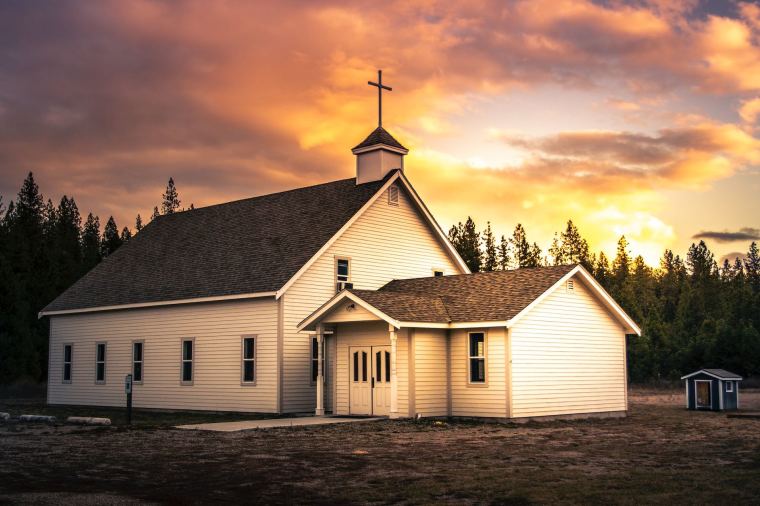
And no one puts new wine into old wineskins; or else the new wine will burst the wineskins and be spilled, and the wineskins will be ruined. But new wine must be put into new wineskins, and both are preserved. And no one, having drunk old wine, immediately desires new; for he says. ‘The old is better.’ (Luke Chapter 5, verses 37-39)
Transitioning is often not an easy process as it involves leaving the familiar to what may be totally different or not-so-familiar. It was just a few weeks ago that I moved from one area of my city to another—it wasn’t the easiest thing in the world.
Packing and moving boxes around, buying new stuff, and soliciting help from friends were part of the process. But immediately I settled into my new apartment, the worries and stress of moving soon faded as I basked in the euphoria of living in the new place.
Similarly, transitioning from an old wine/wineskin to a new wine/wineskin is never easy. Most people like to stay with what they perceive as familiar. It is the desire to stick with the familiar that made the Pharisees and Sadducees miss out on receiving the Messiah they had been waiting for. They wanted him to function within the confines of their religious dogmas.
Have we limited God today because of our traditions? Sadly, many have. I have heard Christians say things like, “‘God doesn’t heal the sick today,’ and ‘the gifts of the Spirit are not functional in the church today.’” These dogmas are nothing but veils that limit the manifestation of God in many denominations. I would rather live in faith than in unbelief.
A lot of Christians have missed out on revivals because instead of following the move of God’s Spirit, they preferred to camp within the confines of their religious boxes. God can do more than we can ever ask, think, or imagine (Ephesians chapter 3 verse 20).
Many of the great revivals that have happened in the past did not take place in the established and well-known churches of the day. Most occurred among humble believers who were not seeking to be famous or establish ministries but just wanted to see a move of God in their day. Thus, they were able to receive the new wine of God because they were not rooted in an old wineskin.
Lessons from church history
One of the most important lessons I have learned from church history is that the previous move of God often persecutes the current move of God. I once watched a video of John Wimber sharing a testimony about Lonnie’s Frisbee’s first message in his church in Yorba Linda, California, on Mother’s Day, 1980.
John Wimber was about to speak when the Holy Spirit urged him to allow Lonnie Frisbee to speak. He had heard some negative opinions about Lonnie, so he was unwilling to let him speak, but he eventually called the young evangelist to the platform to speak. Towards the end of his message, Lonnie Frisbee said, “come Holy Spirit,” and just like on the day of Pentecost, the Holy Spirit invaded the building, and people began to speak in other tongues.
Some people ran out because they weren’t used to that manifestation. John Wimber himself searched scriptures all night, trying to understand what had happened. Thank God he got it! That short service in California began a move of God that would span the United States. The new wine was strange to him at first but because he humbled himself, he could partake of the new move of God and steward it for the next generation.
The need for humility
The way to transition from an old to a new wineskin is to walk in humility. God resists the proud but gives grace to the humble (1 Peter chapter 5 verse 5). It is those who are willing to lay down their opinions, pride, and self-righteousness that often receive God’s new win. Grace will always find those humble to seek the Lord till he comes.

Rume Kpadamrophe is a graduate student at the University of South Carolina. Before leaving Nigeria, he mentored several youths in prophetic, intercession, and evangelism. He is a revivalist, a writer, a researcher, and an enthusiastic lover of revival history. He desires to see revival ignited and sustained in the nations of the earth. He currently serves as the president of The Carolina Church, a campus ministry at the University of South Carolina.Rume’s email is [email protected].